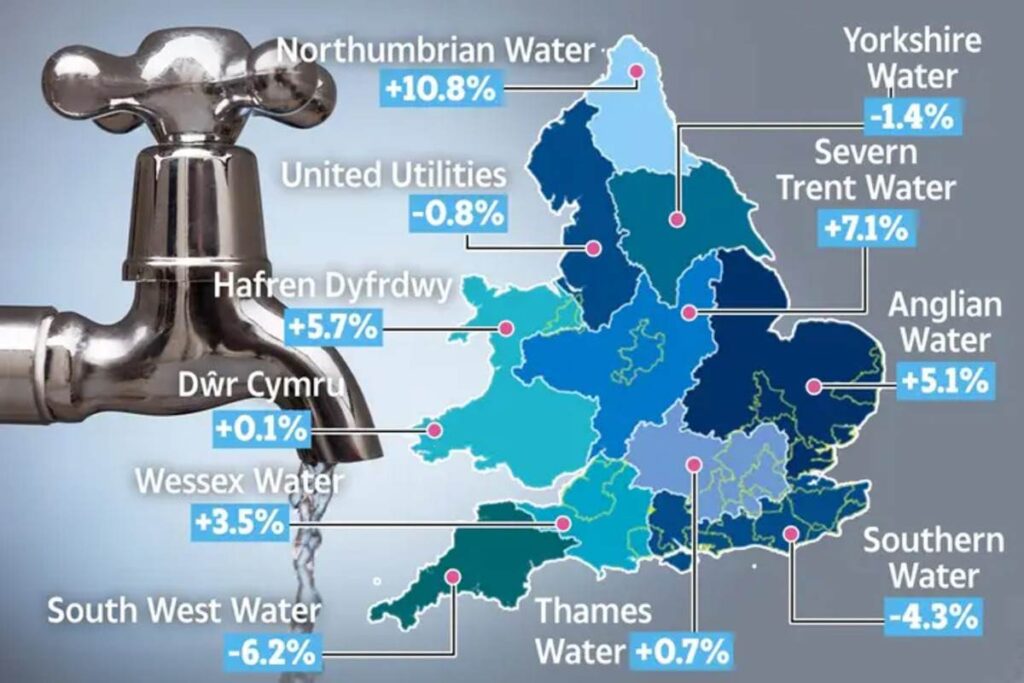There are projections that UK households’ water bills will rise by an average of £94 ($120) over the next five years. However, the hike can increase by as much as £200 ($256) in some regions.

On the contrary, some regions of the UK will experience a significant drop in water bills. The drop may be by £12 ($15). Nonetheless, it is far better off than communities that would experience massive hikes.
Water Companies Make Five-Year Projections
Facts about these changes to water bills in the UK were obtained from recently published five-year spending plans submitted by water firms. These proposals were submitted to the UK’s water regulator, Ofwat.

Many of these water companies argued that they would incur tangible expenses over the next five years. These expenses are projected to largely cover infrastructural improvements for the water companies.
ALSO READ: Economists Say That Biden and Trump Are Not Largely To Blame for High Inflation Rate
UK Water Companies Want Customers To Pay for Their Infrastructural Upgrades
For one, these companies are liaising with Ofwat to end the pollution of waterways and seas with sewage through these infrastructural improvements. Of course, Ofwat did not accept all the recommendations in the proposals.
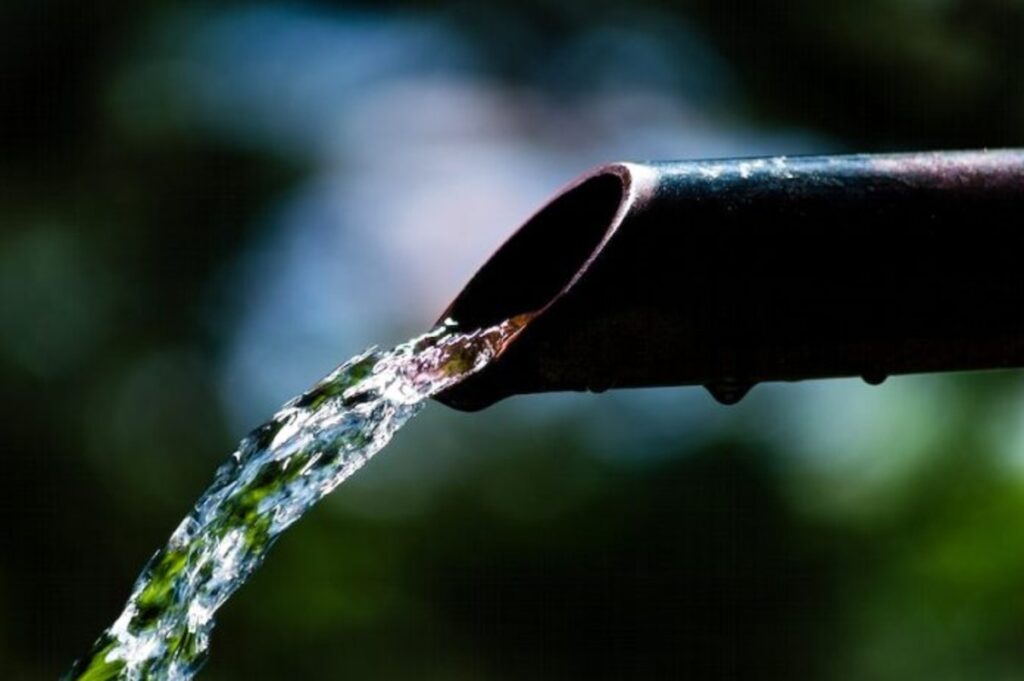
The water regulator will soon pass the bill acceding to the water bill hike and has placed one of the water companies, Thames Water, under probationary watch.
New Policy Rolls Out at Year End
By December 2024, Ofwat is expected to go public with the specific changes to the water bill and to what extent each region has been affected. Areas experiencing the highest increase in water bills are East Sussex and West Sussex, the Isle of Wight, Hampshire, and Kent.

Most of these highlighted areas, supplied by Southern Water, will experience an almost 50 percent increase in their bill when Ofwat eventually ratifies the proposal.
The Consumer Council for Water Kicks
However, the Consumer Council for Water (CCW) is already protesting this new development. They feel most of these water companies have not done enough to discharge their services properly to request higher pay.
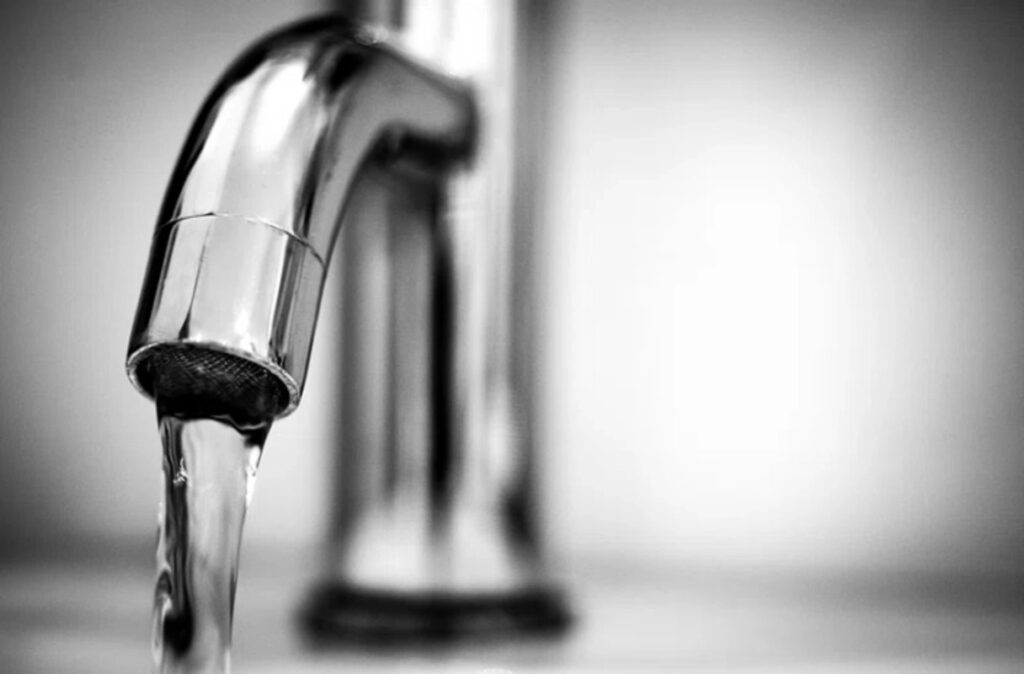
According to CCW’s chief executive, Mike Keil, “Millions of people will feel upset and anxious at the prospect of these water bill rises and question their fairness given some water companies.”
Is the Bill Hike in Customers’ Best Interest?
According to Keil, consumers are unlikely to complain about bill hikes if the services rendered are top-notch. Unfortunately, this is not the case with most water companies in the UK.

He added, “Trust in water companies has never been lower, and that won’t change until people see and experience a difference – whether that’s having the confidence to swim at their favorite beach or receiving help if they are struggling to pay their bill.”
Get a Water Meter Installed in Your Home
If you find that water bills have become a significant portion of your expenses, we shall consider some methods of saving money on that utility.
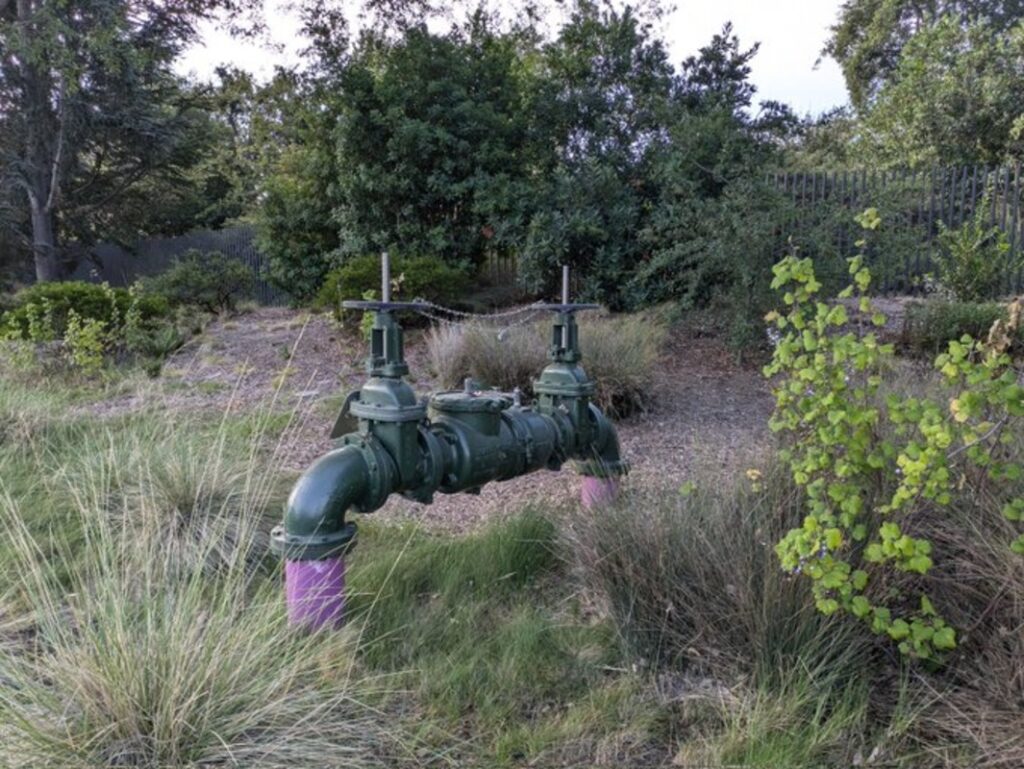
Investing in a water meter is a sure way to avoid paying for more water than your household consumes. However, reports show that only 40 percent of UK households have water meters installed. This advice works best for homes with single occupants or a low water consumption level.
Watch Your Water Consumption and Make Cuts Where Possible
Having a water meter installed can make monitoring your water consumption a breeze. However, bills for such metered homes consist of a standing charge and the amount payable for the total water consumed.

Another reason it’s advisable to cut water consumption is that expensive water bills could translate into high energy bills because most of the water consumed in some homes is heated. According to the CCW, a family of four cutting their water consumption could save about £280 ($) in energy and water costs per year.
Check for Busts, Leaks, and Water Gozzling Appliances
Some areas are prone to pipe busts during seasons of sub-zero outdoor temperatures. Perform routine checks on your pipes, faucets, and fittings to ensure there are no leakages that may raise your water bills and simultaneously damage home features.

Exchanging old heaters for new ones and making upgrades as insignificant as getting a new toilet can cut down water consumption by up to 22%. New toilets allow the regulation of water volume for each flush.
Check for Social Tariff Eligibility
Most water companies have a palliative scheme for low-income earners. This scheme often involves a social tariff on the bill of customers identified as indigent.
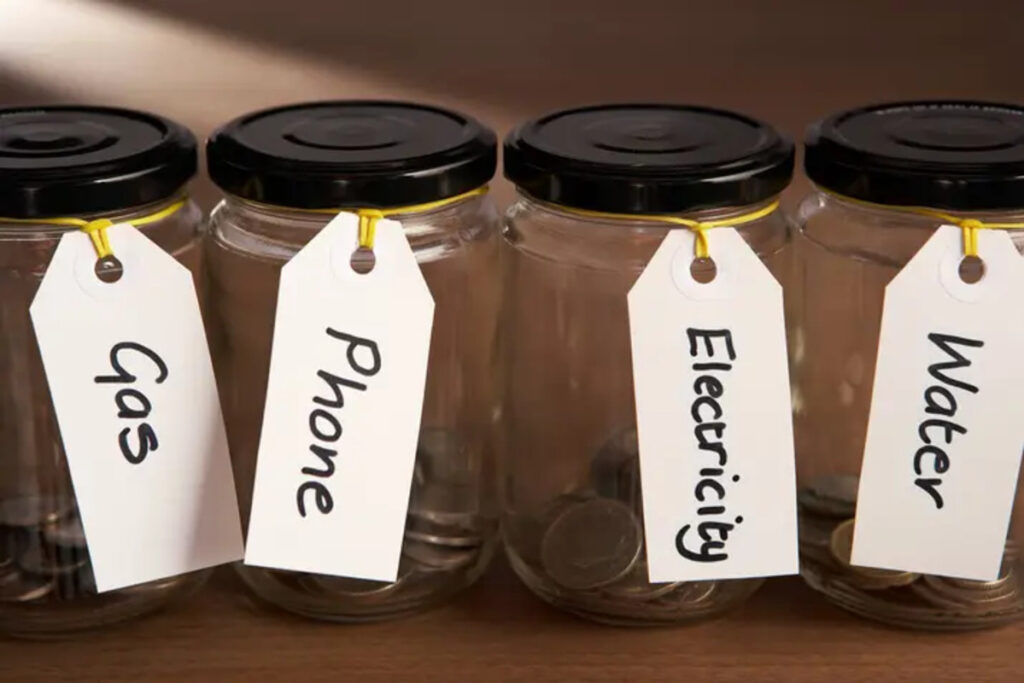
Companies like Thame’s Water will cut the bill of customers earning low incomes by 50 percent if the cost exceeds five percent of their expenses. According to the CCW, about 15 percent of UK households are eligible for the social tariff but do not exploit it or are unaware of it.
ALSO READ: Predicted Fed Interest Cuts May Make Traveling Abroad More Expensive for Americans
Enlist for the WaterSure Scheme
The UK government has a method of subsidizing water bills for households, and they do this in liaison with water companies in England and Wales. However, it takes a household on one of the public benefits due to low income to qualify.

However, beneficiaries of the WaterSure scheme would have a water meter installed in their home or show evidence of having applied for one and being on a waiting list. After a consumer’s eligibility for WaterSure is no longer in question, they only need to pick up a form with their water company and apply.
Install Water-Saving Gadgets
Depending on consumers’ area of residence, water companies servicing them may occasionally hand out free devices that help save up on water consumption. Examples of such inexpensive devices are water-saving shower heads.

Some water companies also hand out water butts and sprinkler nozzles as complementary gifts to their loyal customers.
You Might Also Like:
McDonald’s Might Have to Leave California
Sam’s Club Is Getting Rid of Their Main Benefit
Shoppers Can Get $500 Payouts From Walmart
Bank of America Predicts a Stagnant Housing Market Until 2026
There Is a Great ‘Horizontal Wealth Transfer’ Coming, and Women Are Set To Inherit $9 Trillion!

